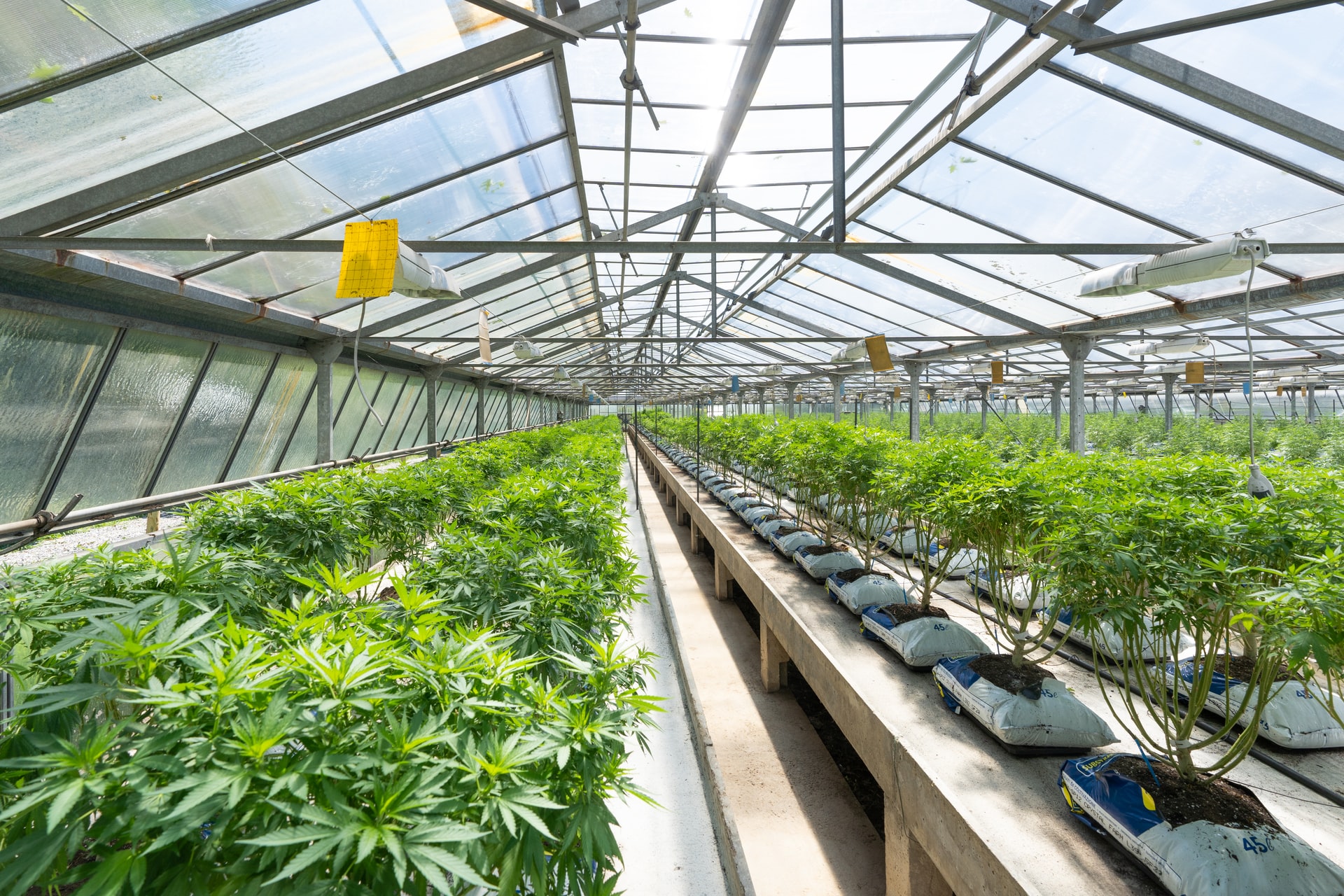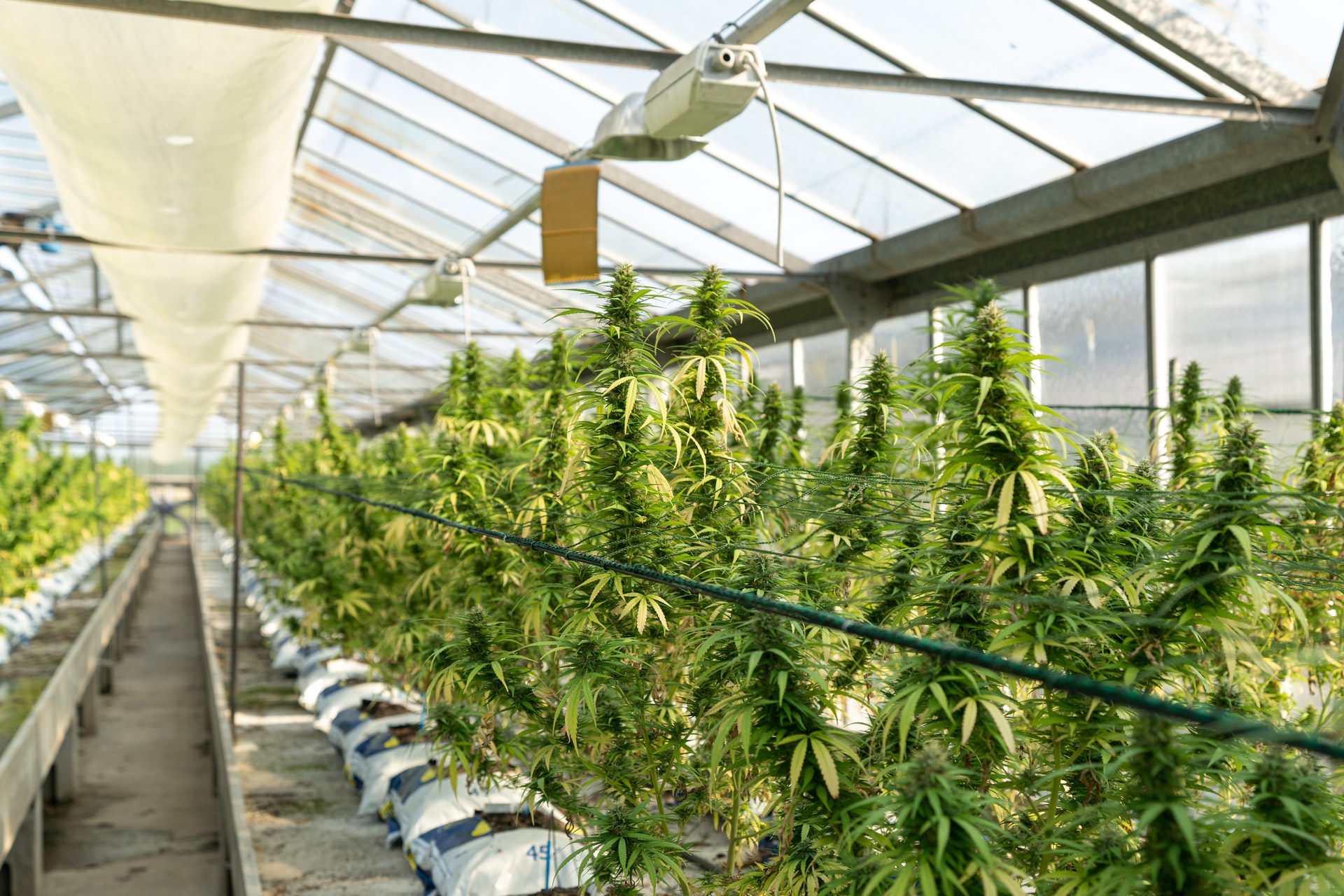With Service Experts Heating & Air Conditioning on your side, you can relax. Your go-to person for all things HVAC in Germantown. Even though there are numerous kinds of air filters to choose from Installing an electrostatic filter is an excellent approach to improve the quality of the air in your home.
Electronically Static Air Filter Definition:
Electrostatic air filters can be compared to giant magnets. A magnet has two poles, one on either end. Trying to force two similar poles together results in strong resistance. Both magnetism and electromagnetism work by drawing opposite poles together.
Like dust magnets, electrostatic air filters use static charge to pull in and hold on to filthy air particles. With time, the electrostatically charged coarse fibers collect particles.

Filters lose effectiveness as more particles accumulate; however, a thorough cleaning can restore the filter’s functionality. These filters have a long lifespan if they are cleaned and maintained regularly.
Electrostatic Filters vs. HEPA Filters: Which Is Better?
For airborne pollutants, HEPA filters with MERV ratings of 17 to 20 can remove as much as 99.97 percent of them. HEPA filters may significantly improve indoor air quality while also reducing hazardous microorganisms.
In contrast to the prevalence of HEPA filters in hospitals, residential buildings are much less likely to be installed. Despite their high price, they can make a massive difference if you have asthma or allergies.
While less potent than HEPA filters, Electrostatic filters do an admirable job of filtering the air and guarding you against hazardous particles. Installing reusable permanent electrostatic air filters saves money. If you’re not allergic to the airborne particles that HEPA filters remove, you may find them appealing.
Efficacy Of The Air Filter:
The minimum efficiency reporting value (MERV) rating established determines the filter’s effectiveness. American Society of Heating, Refrigerating and Air-Conditioning Engineers (ASHRAE). This ranking is based on how much dirt a filter can hold.
Lower ratings are less effective than higher ones, ranging from 1 to 20. Also, keep in mind that as the rating rises, so does the amount of work required by the HVAC system to push air through the filter. Most home air filters have a rating from 1 to 12, with filters rated 13 or above-deemed hospital-grade since they may necessitate a specific HVAC system.
Air Filters: What’s Better, Paper Or Metal?
Pleated media contained in disposable cardboard frames are the most typical air filters. Because they physically prevent contaminants from entering, these filters are referred to as mechanical. Rather than using electrostatic air filters, the air in your house collects dust by harnessing a static charge.

These filters typically have MERV values ranging from one to four, indicating that while they can handle extensive material, tiny allergens and pollutants are clogging them up. A replacement filter is needed around once every 30-60 days, and it may get expensive.
There are other options as an alternative to electrostatic filters, which are typically only MERV 8-10. These filters remove more pollutants from the air than ordinary disposable ones do. Using filters is excellent at keeping your HVAC system clean by capturing big particles. They can also improve the quality of the air in your home. As opposed to disposable ones, permanent electrostatic air filters may be washed and reused time and time again, saving you money in the long run.
Our company has earned a reputation as a leader in heating and air conditioning HVAC service in Germantown, MD. Use this number to get in touch with us: +1-301-756-1179

